Meet Spot, the first robot to get its own employee number at Norwegian oil producer Aker BP ASA.
Category: robotics/AI – Page 2,209
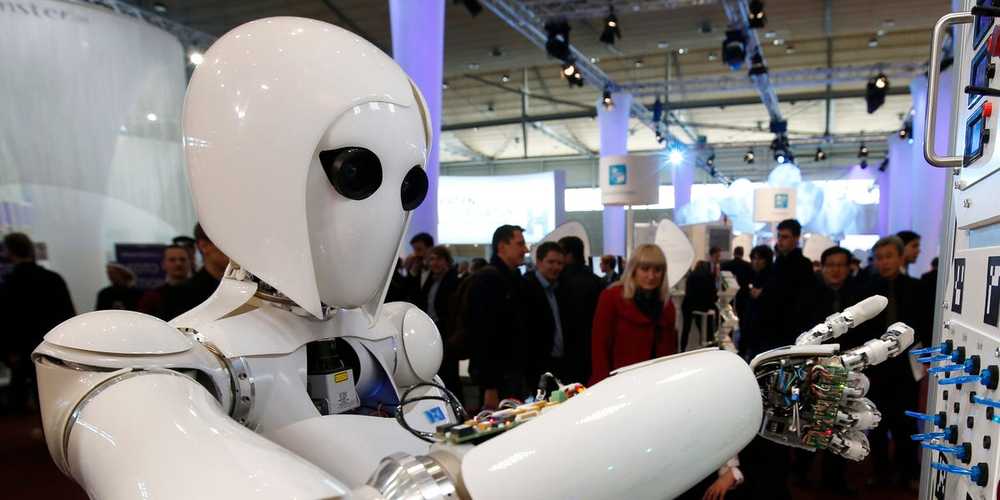
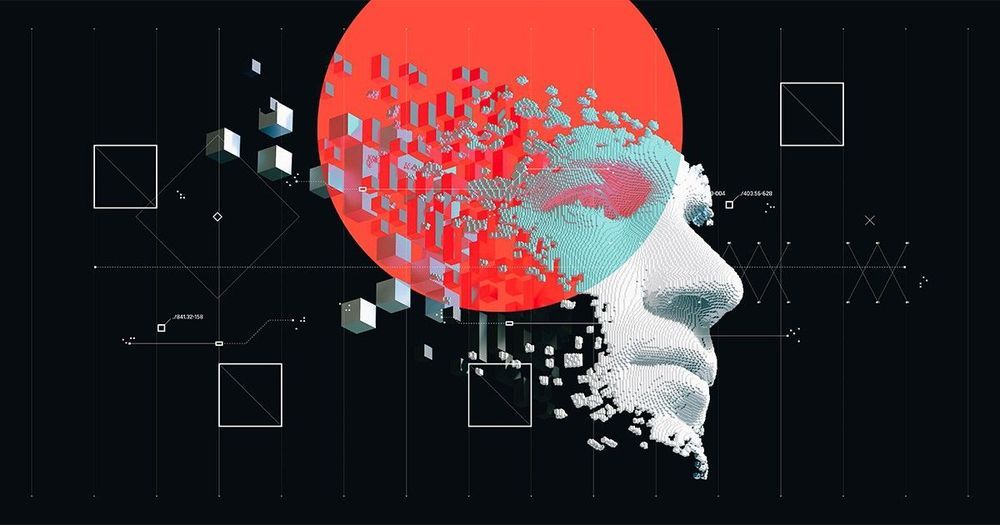
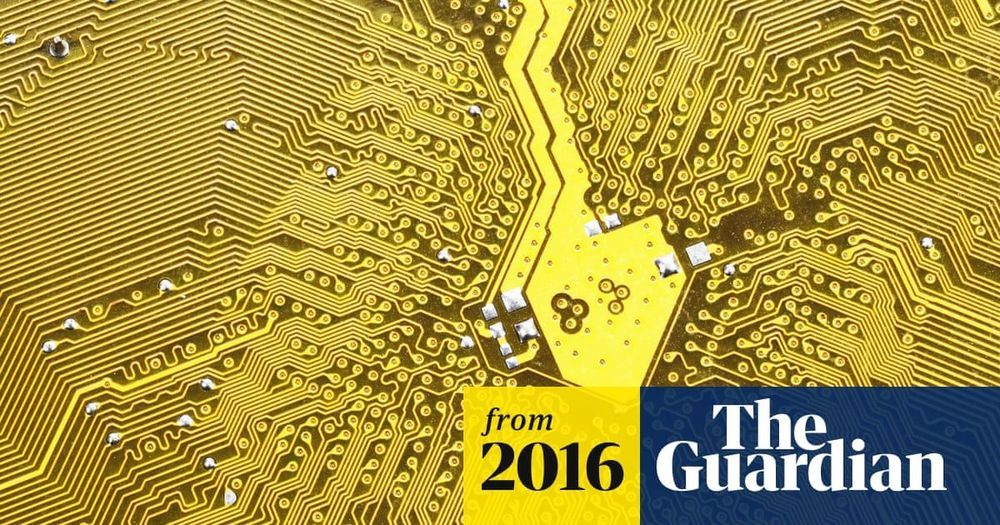
A Robot Has Just Passed a Classic Self-Awareness Test For The First Time
Circa 2015
A researcher at Ransselaer Polytechnic Institute in the US has given three Nao robots an updated version of the classic ‘wise men puzzle’ self-awareness test… and one of them has managed to pass.
In the classic test, a hypothetical King calls forward the three wisest men in the country and puts either a white or a blue hat on their heads. They can all see each other’s hats, but not their own, and they’re not allowed to talk to each other. The King promises that at least one of them is wearing a blue hat, and that the contest is fair, meaning that none of them have access to any information that the others don’t. Whoever is smart enough to work out which colour hat they’re wearing using that limited information will become the King’s new advisor.
In this updated AI version, the robots are each given a ‘pill’ (which is actually a tap on the head, because, you know, robots can’t swallow). Two of the pills will render the robots silent, and one is a placebo. The tester, Selmer Bringsjord, chair of Rensselaer’s cognitive science department, then asks the robots which pill they received.
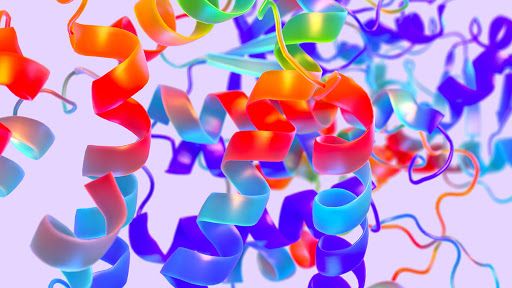
AlphaFold: Using AI for scientific discovery
Could automatically find the coronavirus vaccine.
We research and build safe AI systems that learn how to solve problems and advance scientific discovery for all. Explore our work: deepmind.com/research
TAFFD’s Magazine of the Future | Issue 2019
Congratulations to Osinakachi Gabriel for his launch of the first publication the TAFFD’s “Magazine of the Future” — Also thanks for the Bioquark (page 37) and Regenerage (page 72) profiles — https://issuu.com/taffds/docs/taffd_s_magazine_2019 #Futurism #Longevity #Transhumanism #Biotechnology #Health #Wellness #Regeneration #LifeExtension #Aging #Immortality #IraPastor #Bioquark #Regenerage #Ideaxme #Singularity #Consciousness #AI #JasonSilva #ArtificiaIIntelligence #SENS
In this first issue by Trandisciplinary Agora For Future Discussions, we approach reality from a transdisciplinary perspective in order to find unity and greater understanding of the world as we enter a new paradigm in technological advancements that will lead us to transcending our own biology while enhancing our mental and physical limitations. We explore all topics that relate to transhumanism, cybernetic singularity, energy, consciousness, international policy, electromagnetic forces, language, AI, digitalization, ethics, philosophy, biotechnology, futurism and more.
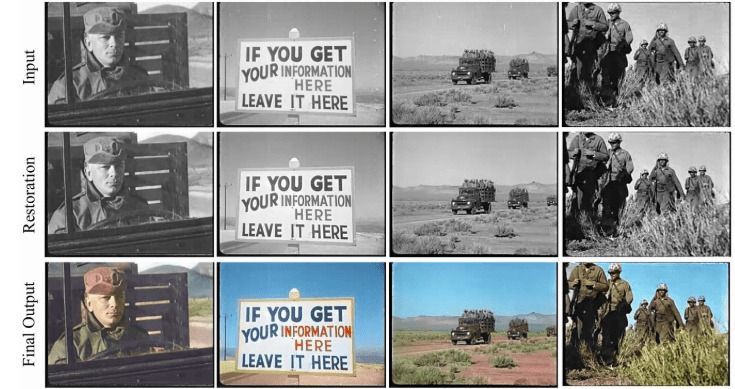
This AI model improves and colorizes old videos and the results are stunning
Last week, my colleague Tristan wrote about an AI developer who used machine learning to upscale the famous 1895 train scene to 4K at 60 frames per second. While this was a great short watch, it made me wonder about using AI to restore and enhance old videos.
Thankfully, I stumbled upon a paper featured by the Two Minute Papers YouTube channel over the weekend that aims to improve and colorize these videos. The model uses Temporal Neural Network to identify and correct defects such as flickers in vintage videos.
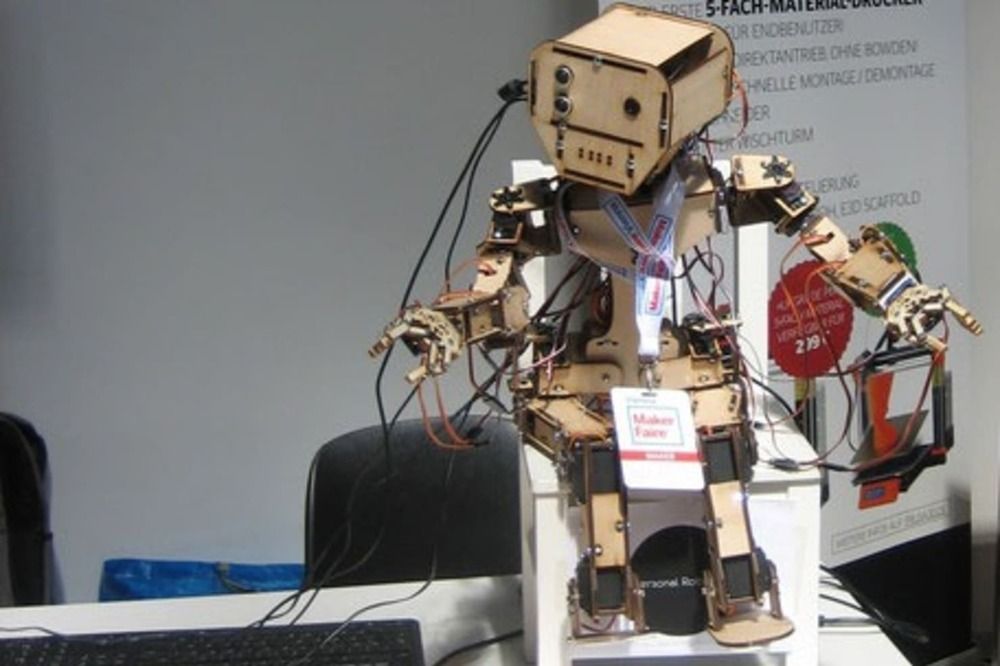
lIllI Humanoid
Our first Humanoid on! 🙌🏼
Thanks to @personalroboticsEU, lIllI (said leelee) is an open-source, fully mobile and freely programmable robot framework. The best thing is that you can develop this project with your computer, Arduino, Raspberry Pi or any of the countless mini computers on the market.
Via Virtual Reality, Mother Encounters Deceased Daughter: Science Fiction in the News
Via Virtual Reality, Mother Encounters Deceased Daughter ‘But that barrier was going to melt away someday soon. The transhumanists had promised…’ — Stephen Baxter, 2008.
BabyX AI Real Enough For You ‘…what’s to keep me from showing face, Man? I’m showing a voice this instant… I can show a face the same way.’ — Robert Heinlein, 1966.
Someday, You Might Like VR Enough To Move In ‘That barrier was going to melt away someday soon. The transhumanists had promised…’ — Stephen Baxter, 2008.